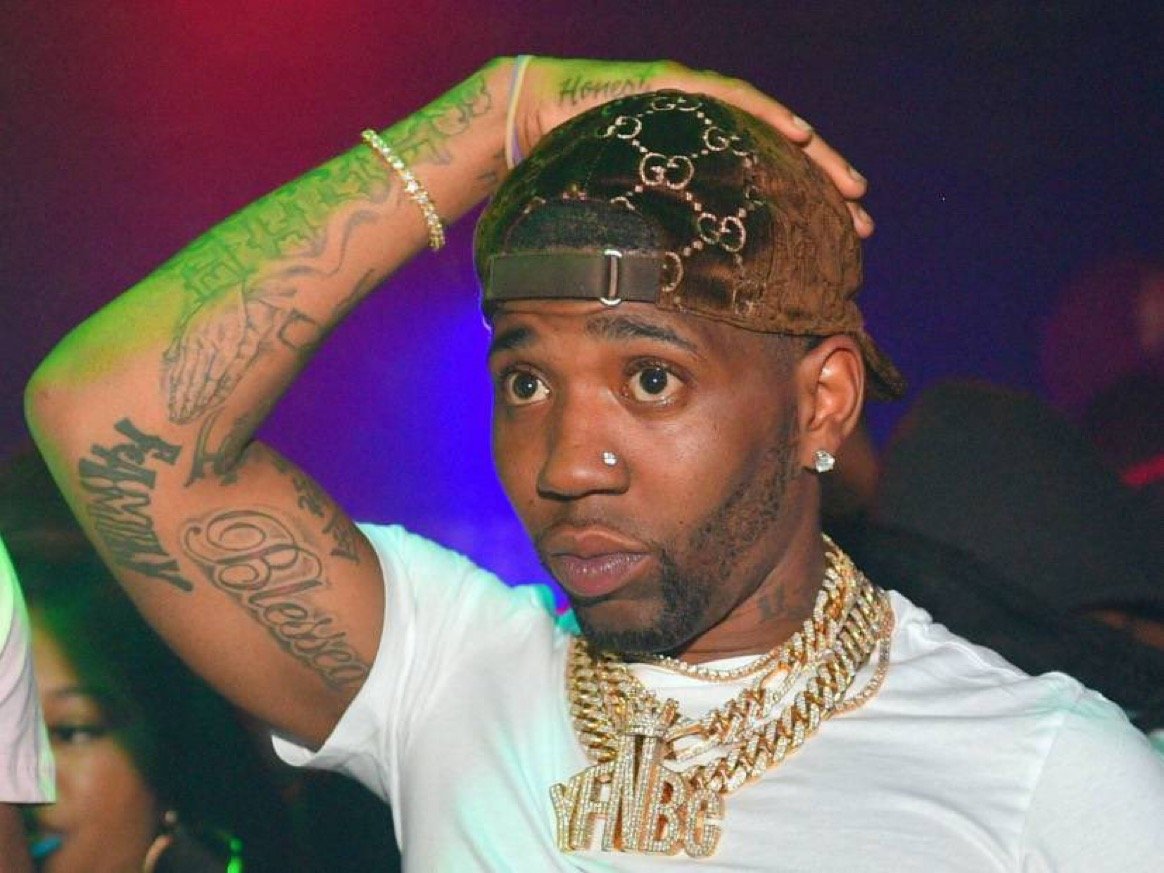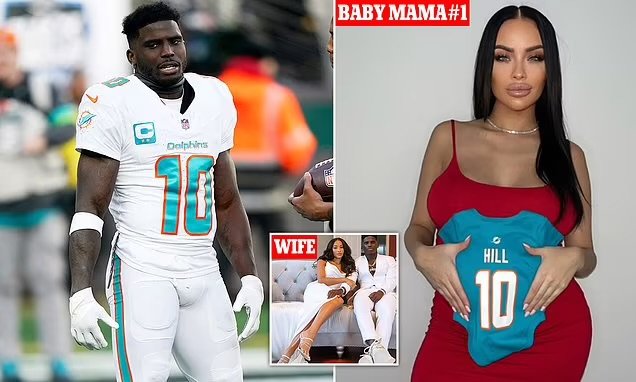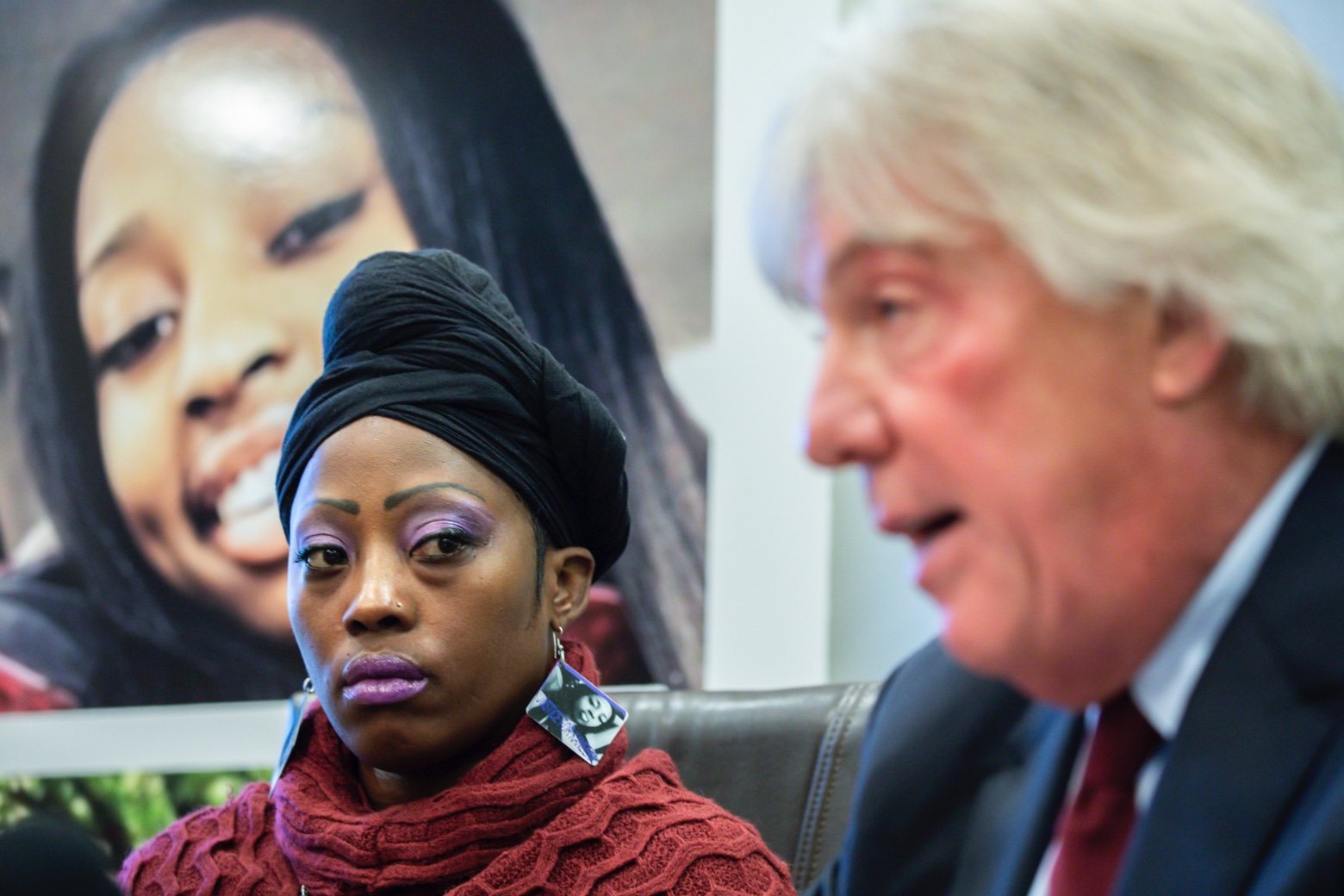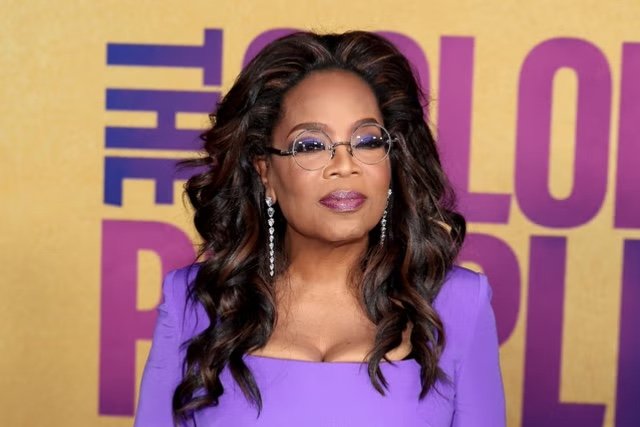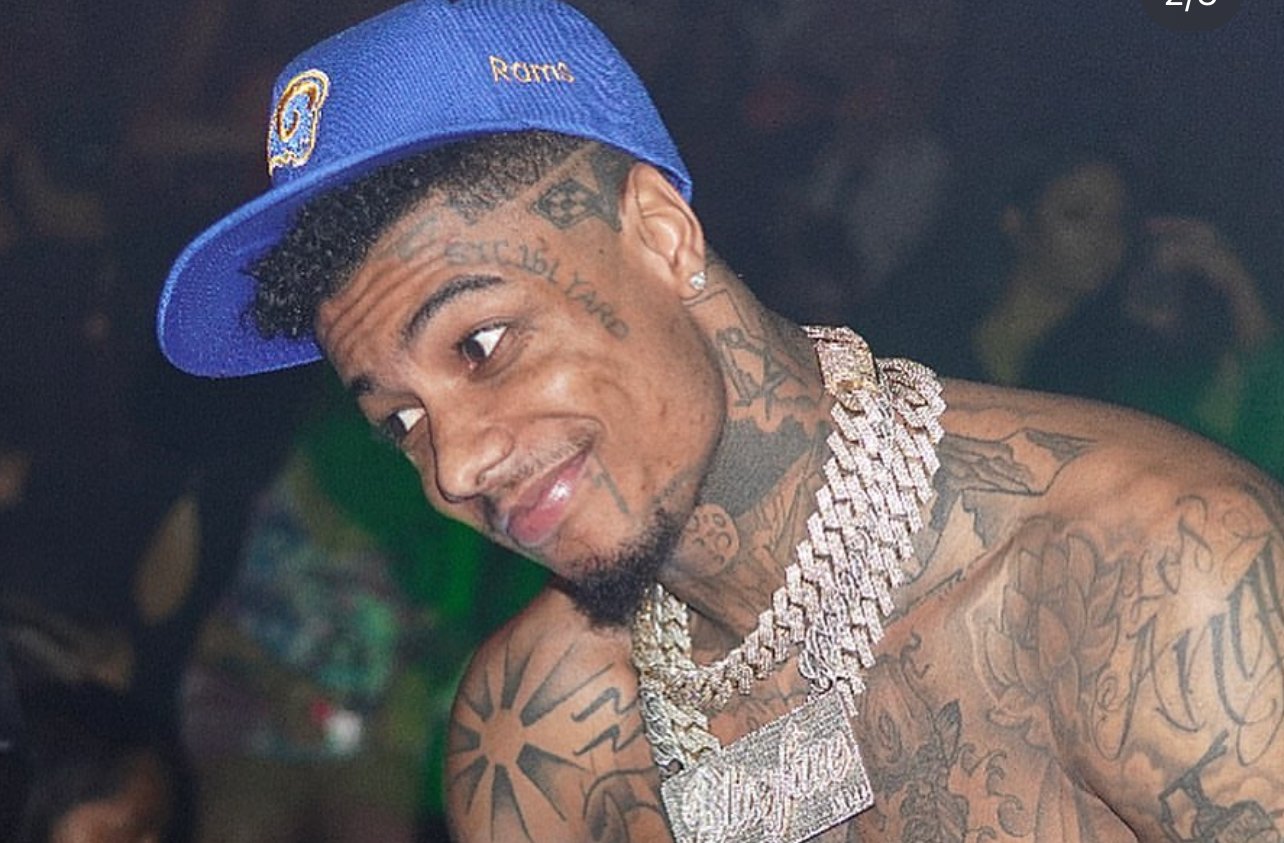Eight years ago today, Desiigner took the music world by storm with the release of "Panda," a track that not only went viral but also catapulted the Brooklyn rapper into the limelight. The song's success was immediate and transformative, marking a pivotal moment in Desiigner's career.
Shortly after its release, Desiigner found himself at the center of social media conversations, drawing comparisons to established rapper Future. The distinct style and cadence exhibited in "Panda" led to widespread discussions, sparking debates and memes across various platforms.
Despite the initial comparisons, "Panda" emerged as a unique entity, securing its place in music history. The track's infectious energy, coupled with Desiigner's dynamic delivery, contributed to its unprecedented success. Fast forward to today, and "Panda" stands tall with a 5x platinum certification, a testament to its enduring popularity.
One of the most intriguing aspects of this success story lies in the financial details surrounding the production. Desiigner reportedly made a staggering $10 million from a beat that cost a mere $200. This not only highlights the unpredictable nature of the music industry but also underscores the immense potential for artists to turn a modest investment into a lucrative career move.
As we reflect on the eighth anniversary of "Panda," it's worth acknowledging the song's impact on Desiigner's trajectory. The track not only showcased his ability to create viral hits but also opened doors for further exploration of his artistic range.
The journey from a viral sensation to a multi-platinum artist is a testament to Desiigner's resilience and adaptability. "Panda" remains a timeless piece of hip-hop history, a reminder of how a single track can shape an artist's legacy and redefine the possibilities within the music industry.



